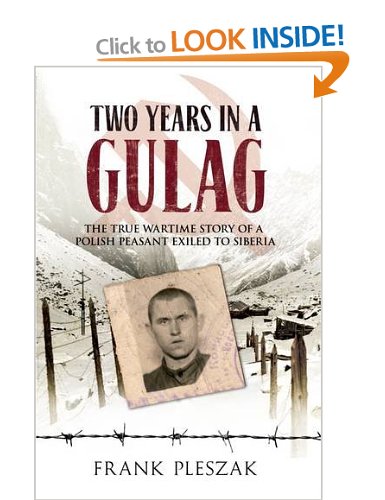In episode 7 of our podcast series History Books, we look at how a great war broke out in the American south-west
rss feed | iTunes | History Books page | Other listening options
The podcast is on a book called The Wrath of Cochise by David Mort.
The book is about the disputes that led the outbreak of the Apache Wars. The Apache Wars were a series of conflicts between the United States and a number of Apache nations fought in the American Southwest from the mid-nineteenth century until the 1880s.
And as we shall soon see, a key factor in their starting was that in February 1861, the twelve-year-old son of Arizona rancher John Ward was kidnapped by Apaches. Ward followed their trail and reported the incident to patrols at Fort Buchanan, blaming a band of Chiricahuas led by the infamous warrior Cochise.
The book then tells the story of how events dramatically escalated, leading to the death of many and the destruction of parts of the states of Arizona and New Mexico. As well as the devastation of a way of life.
rss feed | iTunes | History Books page | Other listening options
If you enjoy the podcast, you can purchase the book here: Amazon US | Amazon UK
Take care,
George Levrier-Jones
email: info@itshistorypodcasts.com
web: www.itshistorypodcasts.com
facebook: click here
twitter: click here










